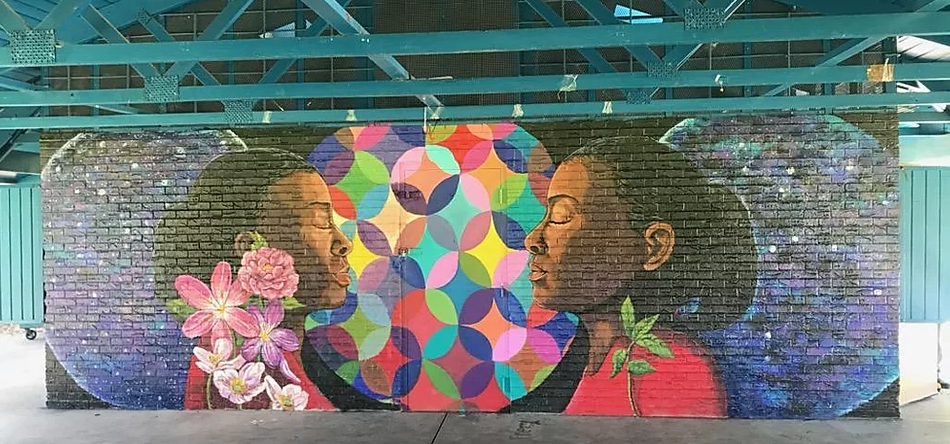A summary of the list of recommendations on the implementation of the OBBBA in Colorado regarding public benefits systems and work requirements.
Recent articles
CCLP testifies in support of Colorado’s AI Sunshine Act
Charles Brennan provided testimony in support of Senate Bill 25B-004, Increase Transparency for Algorithmic Systems, during the 2025 Special Session. CCLP is in support of SB25B-004.
Coloradans launch 2026 ballot push for graduated state income tax
New ballot measure proposals would cut taxes for 98 percent of Coloradans, raise revenue to address budget crisis.
CCLP statement on the executive order and Colorado’s endless budget catastrophe
Coloradans deserve better than the artificial budget crisis that led to today's crippling cuts by Governor Jared Polis.
The Power of an Organized Community

Community has a central stake and role to play in its own wellbeing, from community participation in climate action to addressing socio-economic distress, and now, to mitigating the multi-dimensional consequences of the COVID-19 pandemic. As communities tackle the challenges brought forth by the health crisis, there is much to be gained from unlocking the democratic and transformational potential of engaged & organized communities.
The diverse Montbello neighborhood in northeast Denver stands as a living testament to the benefits of an organized community, and how it is an essential ingredient to addressing response solutions. Fueled by support from the Kresge Foundation to develop innovative approaches to economic development, cultural expression and health through food-oriented development, Montbello Organizing Committee (MOC) has been working with local community partners over the past three years on the FreshLo initiative, a community center and housing project anchored in a community vision for fresh, healthy food and rooted by community partnerships. When COVID-19 struck the neighborhood comprised of Latino and Black residents, many of which are less likely to work from home and face higher health disparities, MOC’s community partnership pivoted to act quickly to address new, acute community needs in the face of chronic issues. This collaborative work proved to be foundational in positioning the community to respond immediately and effectively to the consequences of COVID-19.
As schools closed, people lost their jobs and others became sick, some of the existing local food programs had to shut down operations since many of their volunteers were considered “high risk” and were encouraged to stay at home. As Donna Garnett, Executive Director of MOC, got word that schools and the municipal building that served food twice a week were closing, she notes that within 24 hours, MOC sprang into action in partnership with the Struggle of Love Foundation (SOLF) and Academy 360 (A360) to engage a more robust distribution system of food and essential goods. Within three weeks, they went from serving 100 people per day to serving over 700!
The coordinated response efforts of MOC and its partners reveals how this community has, over time, developed the infrastructure and trust to create a sense of place and connection. The strength of this neighborhood is essential in how community can weather hardship, recover, and sustain through democratic processes, strong community leaders, and integrated food, art, and culture initiatives. Beyond the emergency response, this well connected, mobilized community is looking to the future of further food insecurity and shortages to create a sustained approach to fresh food access by working with their partners to support more backyard farming.
As Donna reflects the last few months, she notes Montbello is not alone. “There are pockets of networks all around Denver metro. We must find them and coordinate with them. Competition will be the death of us. We need to find a way to reach across the gaps of communication and work together. We are only successful when every link in the chain is successful.” Further, she highlights the importance of the work of MHC, as it is “all about making these vital connections to make every community viable, where people can live healthily and vitally.”
For more information about MOC and its collective response efforts in community, check out their latest Montbello Urban Spectrum Edition (MUSE), especially the article “Montbello During COVID-19, Feeding the Community Through Partnerships.”
